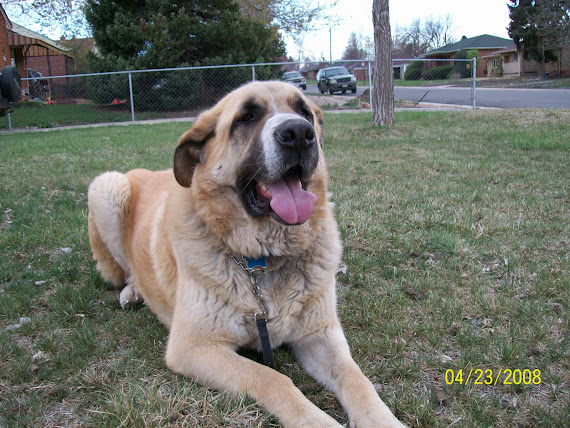White House Drug Czar Declares End To War On Drugs
WASHINGTON -- The Obama administration's new drug czar says he wants to banish the idea that the U.S. is fighting "a war on drugs," a move that would underscore a shift favoring treatment over incarceration in trying to reduce illicit drug use.
In his first interview since being confirmed to head the White House Office of National Drug Control Policy, Gil Kerlikowske said Wednesday the bellicose analogy was a barrier to dealing with the nation's drug issues.
"Regardless of how you try to explain to people it's a 'war on drugs' or a 'war on a product,' people see a war as a war on them," he said. "We're not at war with people in this country."
Mr. Kerlikowske's comments are a signal that the Obama administration is set to follow a more moderate -- and likely more controversial -- stance on the nation's drug problems. Prior administrations talked about pushing treatment and reducing demand while continuing to focus primarily on a tough criminal-justice approach.
The Obama administration is likely to deal with drugs as a matter of public health rather than criminal justice alone, with treatment's role growing relative to incarceration, Mr. Kerlikowske said.
Already, the administration has called for an end to the disparity in how crimes involving crack cocaine and powder cocaine are dealt with. Critics of the law say it unfairly targeted African-American communities, where crack is more prevalent.
The administration also said federal authorities would no longer raid medical-marijuana dispensaries in the 13 states where voters have made medical marijuana legal. Agents had previously done so under federal law, which doesn't provide for any exceptions to its marijuana prohibition.
During the presidential campaign, President Barack Obama also talked about ending the federal ban on funding for needle-exchange programs, which are used to stem the spread of HIV among intravenous-drug users.
The drug czar doesn't have the power to enforce any of these changes himself, but Mr. Kerlikowske plans to work with Congress and other agencies to alter current policies. He said he hasn't yet focused on U.S. policy toward fighting drug-related crime in other countries.
Mr. Kerlikowske was most recently the police chief in Seattle, a city known for experimenting with drug programs. In 2003, voters there passed an initiative making the enforcement of simple marijuana violations a low priority. The city has long had a needle-exchange program and hosts Hempfest, which draws tens of thousands of hemp and marijuana advocates.




1 comment:
酒店小姐
酒店兼職
禮服店
酒店經紀
酒店兼差
酒店打工
酒店上班
假日打工
台北酒店經紀
童裝批發
童裝批發
童裝
童裝
酒店喝酒
暑假打工
寒假打工
酒店
酒店經紀人
酒店現領
酒店經紀爆米花
酒店上班PRETTY GIRL
Post a Comment